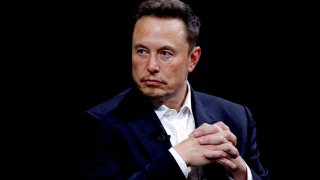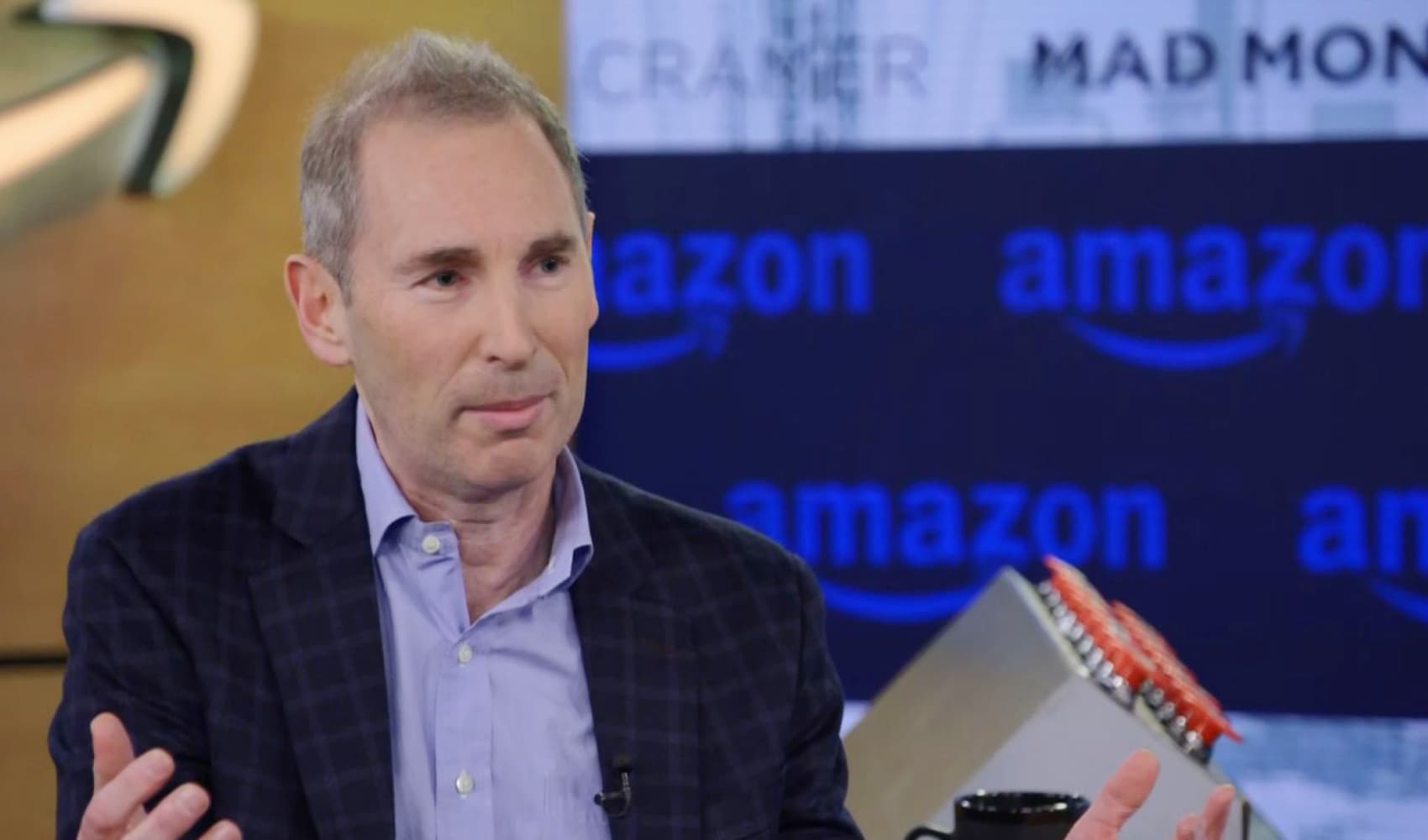
- Tesla will reveal its robotaxi design on Aug. 8, CEO Elon Musk said in a social media post on X.
- Musk has promised a robotaxi for years, but has not yet delivered on his self-driving promises.
- Tesla recently reported first-quarter deliveries that were lower than the same period a year ago.
Tesla will reveal its robotaxi product on Aug. 8, CEO Elon Musk said in a social media post on X.
Musk has promised shareholders a robotaxi for years, but has not yet managed to deliver on his self-driving dreams and promises. A date for the unveiling event comes as some investors grow wary of the company during a period of slowing growth.
Tesla shares rose over 3% in extended trading after Musk's tweet.
Get top local stories in Philly delivered to you every morning. Sign up for NBC Philadelphia's News Headlines newsletter.
Musk shared the reveal date on Friday after Reuters earlier reported that plans for a highly anticipated low-cost electric car by Tesla had been scrapped. Musk accused Reuters of "lying" without specifying any incorrect detail of their story.
In 2015, Elon Musk told shareholders that Tesla's cars would achieve "full autonomy" within three years. In 2016, he said Tesla would able to send one of its cars on a cross-country drive without requiring any human intervention by the end of the following year.
In 2019 during a fundraising call, Musk told investors that Tesla expected to have 1 million vehicles on the road the next year that would be able to function as "robotaxis." Each car should be able to do 100 hours of work a week for its owner, making money as a robotaxi he told investors at that time.
Money Report
Tesla still has yet to deliver a robotaxi, autonomous vehicle or technology that can turn its cars into "level 3" automated vehicles. However, Tesla offers advanced driver assistance systems (ADAS), including a standard Autopilot option or premium Full Self-Driving "FSD" option, the latter of which costs $199 per month for U.S. subscribers or $12,000 upfront.
In a push for end-of-quarter sales last month, Musk mandated that all sales and service staff install and demo FSD for customers before handing over the keys. He wrote in an email to employees, "Almost no one actually realizes how well (supervised) FSD actually works. I know this will slow down the delivery process, but it is nonetheless a hard requirement."
Despite its name, Tesla's premium option requires a human driver at the wheel, ready to steer or brake at any moment.
Musk has continued to bet that Tesla customers and shareholders will stick with the Tesla brand regardless of self-driving delays, and regardless of his incendiary rhetoric on X, the social network he acquired in 2022 and now runs as CTO while also running Tesla, and the rocket and satellite internet company, SpaceX.
Some autonomous vehicle competitors are gaining ground.
Alphabet's autonomous vehicle unit Waymo operates commercial, driverless ride-hailing services in Phoenix, San Francisco and Los Angeles, and is ramping up in Tesla's home base of Austin, Texas. Waymo also recently struck a multi-year partnership with Uber and will put its robotaxis to use delivering food for Uber Eats in Arizona. In China, Didi's autonomous unit operates commercially in markets including Guangzhou. Companies including Wayve in the U.K. and Zoox in the U.S. continue testing their robotaxis.
Other companies have had a tough time in the crowded market.
On Friday, Apple shuttered its self-driving unit and laid off about 600 people on Friday who had been associated with the project. GM's Cruise service previously offered self-driving car services in San Francisco before being wound down under regulatory scrutiny after an accident. Since the incident, Cruise's robotaxi fleet has been grounded, local and federal governments have launched their own investigations and Cruise leadership has been gutted.
At Tesla, "unveil" dates do not predict a near-future date for a commercial release of a new product. For example, Tesla unveiled its fully electric heavy-duty truck, the Semi, in 2017 and did not begin deliveries until December 2022. It still produces and sells very few Semis to this day.






